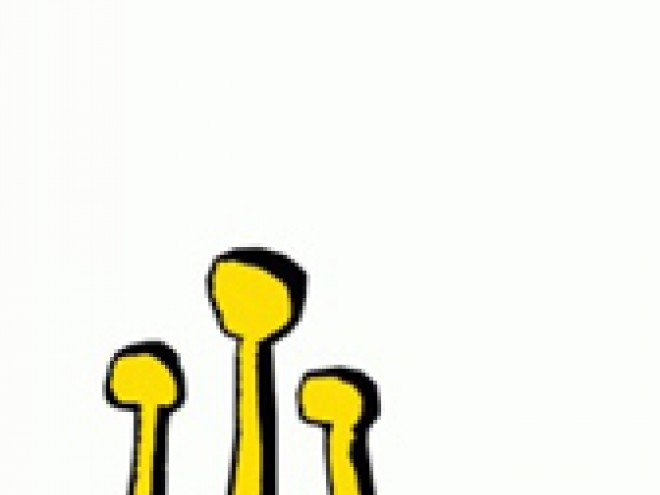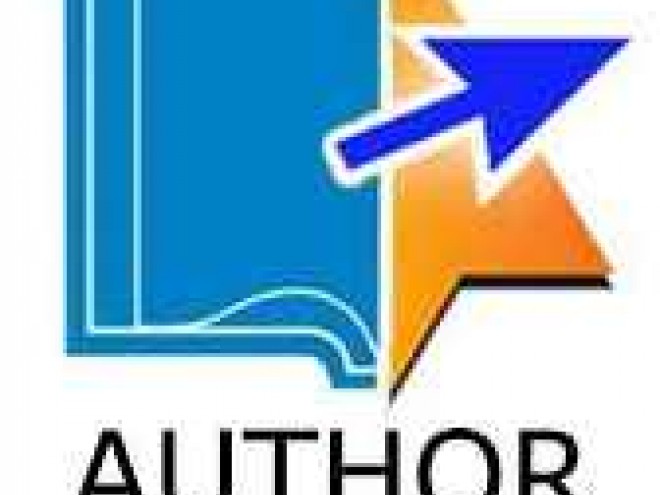 Joshua Cohen’s most recent novel, Book of Numbers, will be published this week by Random House. He is blogging here today for Jewish Book Council’s Visiting Scribe series.
Joshua Cohen’s most recent novel, Book of Numbers, will be published this week by Random House. He is blogging here today for Jewish Book Council’s Visiting Scribe series.
The Torah is a stickler for chronology, and all its he-begot-she’s, and she-begot-he’s, are as much attempts at establishing a lineage as they are at establishing authority — documentation issuing from the Father of Fathers, God. There are ten generations between Adam, the first man, and Noah, the second first man, and then ten generations again between Noah and Abraham — whose son was Isaac, whose son was Jacob, whose sons went down to Egypt, where their descendants were enslaved.
To insist on this provenance is to insist that the people Moses led out of Pharaohnic bondage were a People—Israelites or, once they’ve received the Torah, Jews. In Hebrew, the fourth book of the Torah is called Ba-Midbar, literally “In the wilderness” — though in English the title is Numbers, after the census with which it begins. God orders Moses to poll the members of each tribe: Moses thinks he’s raising an army, God knows he’s counting the dead. None of the numbered will be allowed to cross the Jordan into Canaan — none will survive to fulfill the Promise of the Land. The Torah’s penultimate book is rife with the ultimate, as the newly liberated are condemned to drag through the desert for forty years — a generation’s span — until all who’d hesitated at the shore of the Red Sea, and revolted at Sinai and worshipped the calf, have expired. Slaves don’t get kingdoms, is the rabbinic interpretation — either be born into freedom, or die from its lack.
This, then, was my source: a story about how story breaks down — with the symbolism of Genesis and Exodus sacrificed to the literalist bureaucracy of Leviticus, which rendered it unto smoke, and accountancy. With the last of the great characters punished and perished (Moses’ sister, Miriam, followed by Moses’ brother, Aaron), the masses are left lugging the tabernacle around until they too have wasted away — into corpses computed like so many shekels, gerahs, ephahs, and cubits.
After Numbers, nothing’s left. Deuteronomy isn’t a book, but what happens after books: just recaps (in case you missed the action since Sinai), summaries (in case you missed the action at Sinai), instructions (What Thou Shalt Do, and What Thou Shalt Not Do, Beyond Moab), and lists (The Top Ten Commandments)…
To read about Numbers’ doomed generation was to read about my own — a generation born in the 1980s enslaved to the page, but by the millennium freed by the screens, to search — or, in alternate terms, to wander. The Cloud now guides us by day and guards us by night, securing while surveilling — our manna is data, information, the content that never quite contents us. Because for all the sites of our sojourning, we keep moving on: nothing can hold us, nothing sustains. It’s as if we’re always seeking a site just beyond — a text that stills us, but that can still be passed on.
Book of Numbers is my attempt at writing just that: a novel that encrypts my experience of this transition, from the culture of the book, which I continue to idolize, to an online Zion — a Zion 2.0 — that will remain in Beta forever. The forty years of Numbers became 1971 (the microchips) through 2011 (the leaks). The sand of the desert became the Silicon of the Valley. My company in peripety is a search company — Tetration (the number four abounds). Moses — whom Freud regarded as a foreigner, an Egyptian prince — is Moe, an Indian engineer of genius. Korach, the rebel, is Kori, Tetration’s treacherous President. The CEO is named Joshua Cohen, who just happens to share that name with the failed novelist hired to ghostwrite his memoirs (the JCs also share an age: almost forty). May you find whatever correspondences you seek — but don’t forget Joshua the spy, who was sent out from the wilderness to the borders of Canaan, to determine whether or not it was conquerable.
Joshua Cohen was born in 1980 in Atlantic City. He has written novels (Witz), short fiction (Four New Messages), and nonfiction for The New York Times, London Review of Books, Bookforum, The Forward, and others. He is a critic for Harper’s Magazine and lives in New York City.
Related Content:
- Reading List: Joshua Cohen
- Promowork: A Necessary Evil by Joshua Cohen
- The Instructions by Adam Levin
Joshua Cohen was born in 1980 in Atlantic City. His books include the novels Moving Kings, Book of Numbers, Witz, A Heaven of Others, and Cadenza for the Schneidermann Violin Concerto; the short-fiction collection Four New Messages, and the nonfiction collection Attention: Dispatches from a Land of Distraction. Cohen was awarded Israel’s 2013 Matanel Prize for Jewish Writers, and in 2017 was named one of Granta’s Best Young American Novelists. He lives in New York City.



